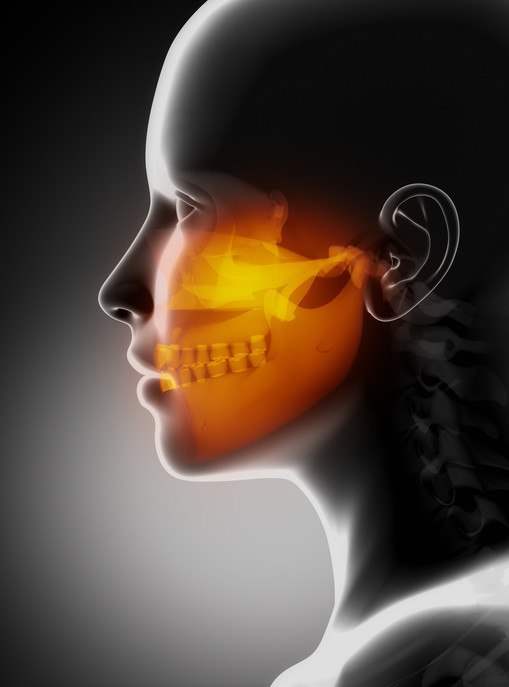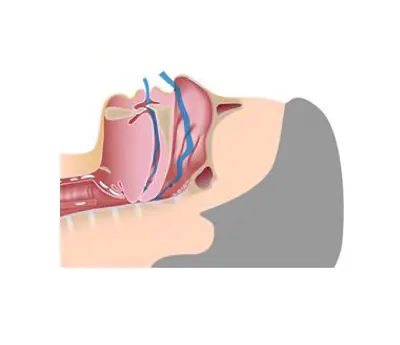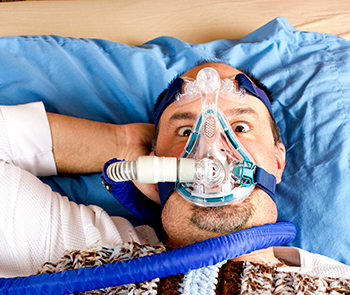As per most TMJ specialists, TMJ disorder is a condition affecting the temporomandibular joints, which are the two most complex joints in the body. These joints connect your lower jaw to your skull, and work with your muscles to allow movement of the jaw: up and down, side to side, and forward to back. When properly aligned, you can chew, talk, yawn, and swallow without any issues. However, if they are not aligned, you may experience TMJ disorder.
Research shows that approximately 12% of the population experiences TMJ disorders at some point. These problems are more common in females, with 9 females to every 1 male experiencing problems at any given time.
If you believe that you may have TMJ disorder, it’s important to seek treatment from a TMJ Specialist/TMJ Dentist as quickly as possible. If left untreated, you are at an increased risk of jaw joint deterioration, tooth damage, and chronic pain. TMJ disorders can also impact your mental health, causing insomnia, anxiety, and depression.

Another complication that comes with not treating TMJ is sleep apnea. There is some research that indicates, while the two are completely separate conditions, there may be a connection. However, it is unclear if there is one that causes the other or if it is a cyclical problem.
Quality Sleep Solutions offers a CPAP alternative for treating your sleep apnea and TMJ disorder. We offer a customized oral appliance that will keep your jaw properly aligned while you sleep. Our TMJ Specialists are available across five locations in South Carolina to serve you.
There are several signs and symptoms associated with TMJ disorder, including:
The most obvious indication that you may have TMJ disorder is pain when moving the jaw. In addition, you may experience headaches/migraines, back or neck aches, earaches, and/or pain around the ear spreading into the cheeks. If your pain is not near the jaw, your doctor will look for other symptoms before diagnosing TMJ.
Another common symptom of TMJ disorder is a popping, clicking, or grinding sound when talking, eating, or opening the mouth. However, it is important to note that noise when moving the jaw is common- it does not necessarily mean that you have TMJ. It is only when the sounds occur with limited movement or pain that you may want to consider seeking a TMJ diagnosis.
In addition to jaw noises, some patients experience ringing or buzzing in the ears along with earaches.
Finally, if you have limited movement that prevents you from fully opening your mouth or moving your jaw in a particular direction indicates that you may have TMJ disorder.
In order to get a full diagnosis, you’ll need to discuss your symptoms with your dentist who will perform the following tests:
In addition, your dental provider, or TMJ Specialist may use imaging to look at your jaw joints and determine the amount and area of damage. Some common options for imaging include:

Clenching and grinding of teeth, known as bruxism, is one of the most common causes of TMJ disorder. The constant stress can cause the jaw joint to become inflamed, which can cause pain. If you primarily grind your teeth at night while sleeping, a night guard can help protect your teeth and jaw.

Stress and anxiety can cause teeth/jaw clenching and stress, which can cause the development of TMJ disorder. You may be able to prevent the development of TMJ disorder by finding healthy ways to deal with your stress and anxiety such as therapy, physical activity, or meditation.
The best ways to prevent TMJ disorder is to:
Some other tips for preventing pain associated with TMJ disorder include:
Note to Reader: When you are eating, make sure that you chew on both sides of your mouth. Some patients who have TMJ pain will avoid chewing on one side to avoid the pain. While this may make sense, it can cause the pain to worsen over time.
For some patients, the symptoms of TMJ disorder will resolve on their own without intervention.
However, this isn’t the case for everyone. If you have been diagnosed with TMJ disorder and it does not resolve or gets worse, you have a wide variety of treatment options from self-care techniques to surgery and many things in-between. Many times, medical providers will use a combination of techniques.
Most medical providers agree that it’s best to start with self-care treatments. Your provider will consider several factors when choosing the best treatment option:
Some of the common treatment options for TMJ include:
Some conservative options for TMJ treatments are:
.
If the above treatments are ineffective, your medical provider may offer additional treatments, such as:
.
While surgery is the best option for many patients, it should only be considered after all other options have been exhausted. There are three types of TMJ surgery:
The best option depends on the severity of your TMJ symptoms and the complexity of your condition. It is important to note that if your medical provider does recommend surgical intervention, you should discuss the benefits and risks of each option.
If you are in South Carolina and you are experiencing TMJ pain, consider Quality Sleep Solutions for treatment. We offer a CPAP alternative to sleep apnea, which can help with TMJ disorder.
Dr. Michael Ammons is committed to providing his patients with the best care possible. In fact, his commitment is so strong that he completes more than 200 hours of education each year. In addition to running Quality Sleep Solutions, he is also the primary Practice Owner at his dental practice, Ammons Dental by Design.
Schedule your consultation with Dr. Ammons and the team at Quality Sleep Solutions today to learn how we can help you with your TMJ disorder and sleep apnea.
Get Answers